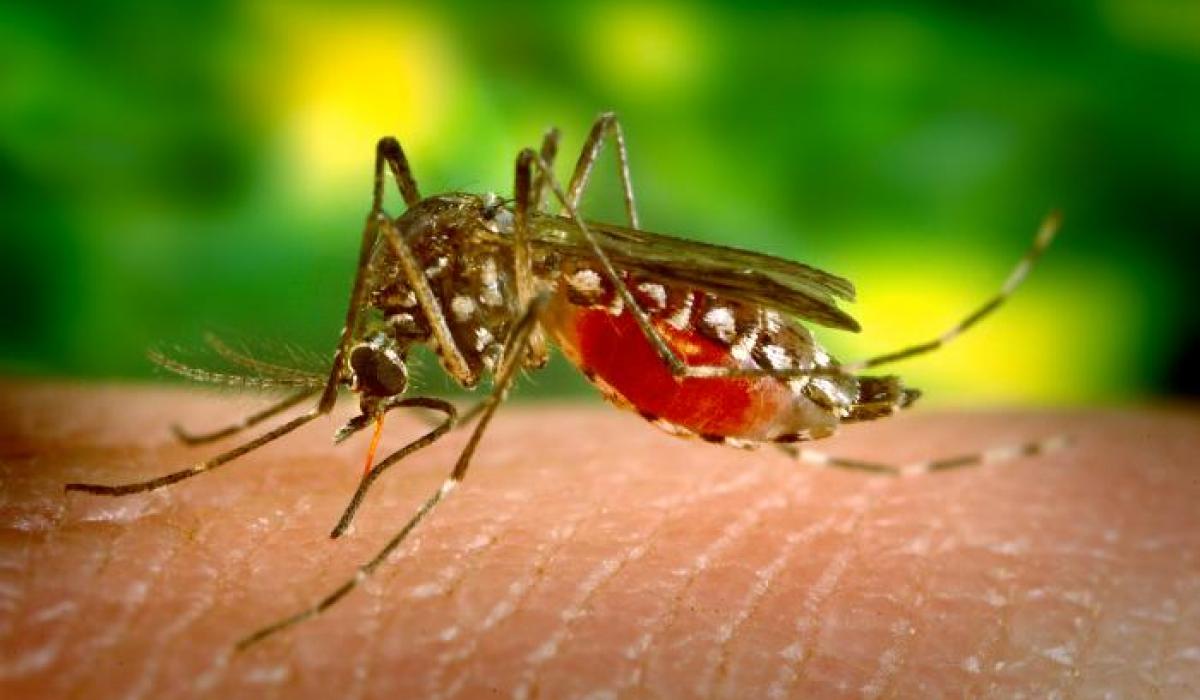
Principal Investigator: Dr. Emmanuel Kaindoa
Project leader/ Coordinator: Dickson Msaky
Project Administrator: Rukiyah Mohammad
Funding Partner: Research Fund–Flanders
Start date: March 1, 2025
End date: Feb. 28, 2028

Assessing the Impact of Light Polarization on the Visual Ecology and Manipulation of Anopheles Mosquito Swarms - "POLSA"
The POLSA Project is a three-year research study (2025–2028) led by the Ifakara Health Institute, in collaboration with Institute of Tropical Medicine (ITM), aiming to understand how light polarization influences the behavior of malaria-transmitting mosquitoes, particularly Anopheles gambiae s.s and An. Arabiensis, during swarming and mating.
Malaria mosquitoes form swarms at dusk, using visual markers on the ground as meeting points for mating. This project seeks to investigate whether manipulating polarized light, a natural visual cue, can guide, attract, or disrupt these swarms.
Project objectives:
- Characterize the impact of light polarization on swarm formation, maintenance, and modulation.
- Assess mosquito preferences for different polarization angles and reflective surfaces.
- Investigate the effects of light polarization on swarm induction and maintenance.
- Measure the effect of light polarization in the field near emergence, swarming, and mating sites, and perform swarm modulation studies in field conditions.
How the project will work
Researchers will first map natural light at mosquito swarming sites to identify key visual cues. These polarized-light patterns will then be recreated in controlled experiments to test their effects on swarm size, height, and formation. The most promising light patterns will be tested in the field using automated polarized-light markers to observe changes in swarm behavior. Data will be analyzed to measure polarization strength, document swarm size and movement, and identify polarization angles that are either attractive or disruptive.
Expected impact:
This work will generate essential baseline parameters that provide new input data to strengthen, accelerate, and inform malaria control and elimination efforts in Africa.
The POLSA Project is funded by the Research Fund–Flanders and led by Dr. Emmanuel Kaindoa (Principal Investigator) and Dickson Msaky (Project Leader) from Ifakara Health Institute.
